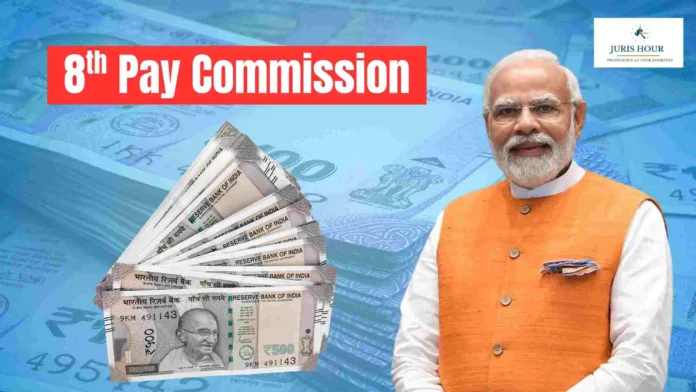The much-anticipated 8th Central Pay Commission (CPC), which is expected to revise salaries, allowances, and pensions of central government employees, could face delays in implementation.
Although the Union Cabinet, led by Prime Minister Narendra Modi, cleared the proposal to set up the commission in January this year, experts believe that its recommendations may not come into force immediately from January 1, 2026, as originally scheduled. Instead, the process might extend into late 2026 or even the first half of 2027, due to the pending finalisation of the Terms of Reference (ToR) and the appointment of the commission’s chairperson and members.
Lessons from the 7th CPC
During the 7th Pay Commission review, many allowances were either merged or abolished after it was found that they overlapped in purpose or had become redundant. While the revised pay structure took effect in January 2016, allowances such as House Rent Allowance (HRA) and Transport Allowance were notified only from July 2017—without arrears for the interim period.
Possible Allowance Cuts in the 8th CPC
Analysts suggest that the 8th CPC could follow a similar path by recommending the removal of allowances that have lost relevance or combining those with overlapping objectives. This has sparked unease among central government employees, who are concerned that some benefits may be withdrawn once the commission completes its review.
Uncertainty Looms
With no clarity yet on the ToR or the names of those who will head and constitute the commission, uncertainty continues to grow among employees. The delay has also triggered speculation that the 8th CPC’s recommendations on pay hikes and allowances may take longer than expected, creating anxiety about the future structure of employee compensation.
Read More: 15 Days Left, 3 Crore ITRs Pending: AIS-TIS, 26AS Not Working, OTP Glitches Trouble Taxpayers

